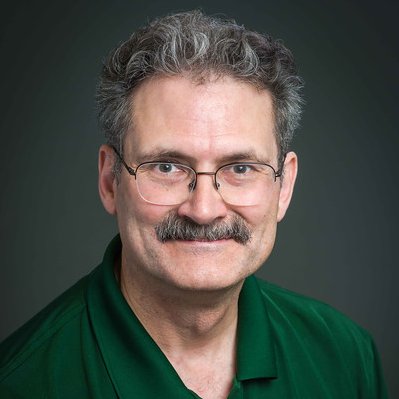
Associate Professor, Department of Communication
Faculty Directory
Research Focus
My research on health and environmental risk communication focuses on two broad questions: First, what factors motivate people to care about health and environmental topics? Second, how can we craft effective messages that motivate people to care more?
Within both areas, I am especially interested in the role of social-psychological factors like political ideology, attention to news media discourse, social norms, scientific consensus, and psychological distance. Specific topics of interest/expertise include energy development (i.e., unconventional oil and natural gas development via hydraulic fracturing; vaccine safety; and climate change, among others. I have an inter-disciplinary background in communication, public health, and environmental policy, and I try to engage all of these fields in my scholarship.
Current Projects
■ Designing messages to build public support for federal climate change policy, specifically a carbon tax.
■ Understanding social-psychological factors that drive public support for federal climate change policy, specifically a carbon tax.
■ Understanding social-psychological factors that drive public support for coronavirus pandemic mitigation measures (including social distancing and vaccination).
Select Publications
■ Clarke, C. E., and Evensen, D. (2019). The politics of scientific consensus? political divergence and partisanship in unconventional energy development in the United States. Energy Research & Social Science, 51, 156–67.
■ Clarke, C. E., et al. (2019). Communicating about climate change, natural gas development, and “fracking”: U.S. and international perspectives. Oxford Research Encyclopedia of Climate Science, Oxford University Press.
■ Clarke, C. E., et al. (2016). How geographic distance and political ideology interact to influence public perception of unconventional oil/natural gas development. Energy Policy, 97, 301–309.
■ Clarke, C. E., et al. (2015). The influence of weight-of-evidence messages on (vaccine) attitudes: A sequential mediation model. Journal of Health Communication, 20(11), 1302–1309.





























































































-e1692891502425.jpg)


















































